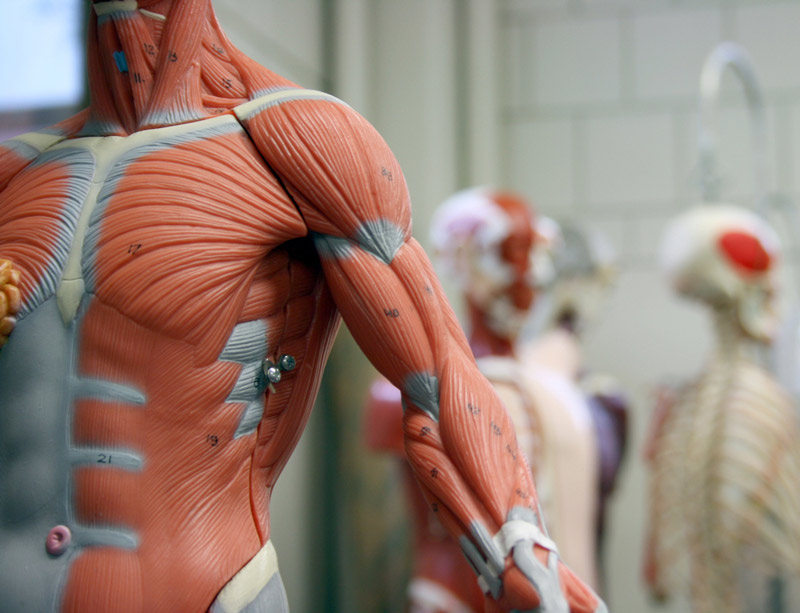Better Muscle Mass Linked to Improved Immunotherapy Response

Researchers at Osaka University in Japan have identified a key component of physical health associated with response to immunotherapy drugs.
Among people with non-small cell lung cancer, higher levels of muscle mass predicted a better response to PD-1 inhibitor immunotherapy.
Sarcopenia — the term used to describe low muscle mass levels — appears to reduce the benefits a person receives from immunotherapy cancer treatment.
“Sarcopenia at baseline is a significant predictor of worse outcome in patients with advanced NSCLC [non-small cell lung cancer] receiving PD-1 blockade,” the study investigators wrote.
The results, published February 21 in Nature Scientific Reports, highlight the importance of good baseline strength and physical function for mesothelioma patients considering immunotherapy treatments.
Immunotherapy is not a standard mesothelioma treatment option. However, there are more than a dozen clinical trials currently investigating PD-1 inhibitor therapy for the asbestos-related cancer.
“Screening for sarcopenia may help identify patients more likely to achieve a long-term response in routine clinical practice,” the authors wrote.
Strong Body, Stronger Immunotherapy Response Rate
Researchers collected information on 42 men and women with non-small cell lung cancer seen at their facility between January 2016 and September 2018.
The patients were treated with Opdivo (nivolumab) or Keytruda (pembrolizumab).
CT scans available in the medical records allowed the investigators to estimate each patient’s muscle mass.
If muscle mass fell below a predetermined cut point, they were classified as having sarcopenia.
Slightly more than half of patients had sarcopenia. These subjects had significantly worse outcomes.
NSCLC One-Year, Progression-Free Survival Rate
- No Sarcopenia: 38.1 percent
- Sarcopenia: 10.1 percent
NSCLC Overall Response Rate
- No Sarcopenia: 40.0 percent
- Sarcopenia: 9.1 percent
Low Muscle Mass Known to Impact Cancer Treatment
Dozens of studies have documented the connection between low muscle mass and poor outcomes in cancer patients.
In nearly every type of solid tumor studied, researchers have demonstrated patients with sarcopenia fare worse during and after cancer treatments.
This holds true for surgery, radiation therapy and chemotherapy.
Having low muscle mass is associated with more infections, more treatment-related toxicities and shorter progression-free and overall survival.
The results of the Osaka University study show reduced response to immunotherapy can be added to the list.
Immunotherapy and Mesothelioma
As investigators continue to study how best to use immunotherapy to treat mesothelioma, it is likely more patients will have the opportunity to try these drugs.
Regardless of what treatment is planned, studies support prioritizing a balanced diet with plenty of protein as well as gentle movement to keep the body functioning efficiently.
Nutrition experts consistently identify these as important components of cancer care for all patients starting treatment, regardless of tumor type.
“Early recognition and treatment of sarcopenia have the potential to bring additional benefits to all patients scheduled to receive immune checkpoint inhibitors,” the authors wrote. “We believe that the prevention of skeletal muscle loss and the development of predictive biomarkers are both important to gaining the greatest benefit from immune checkpoint inhibitors in the future.”